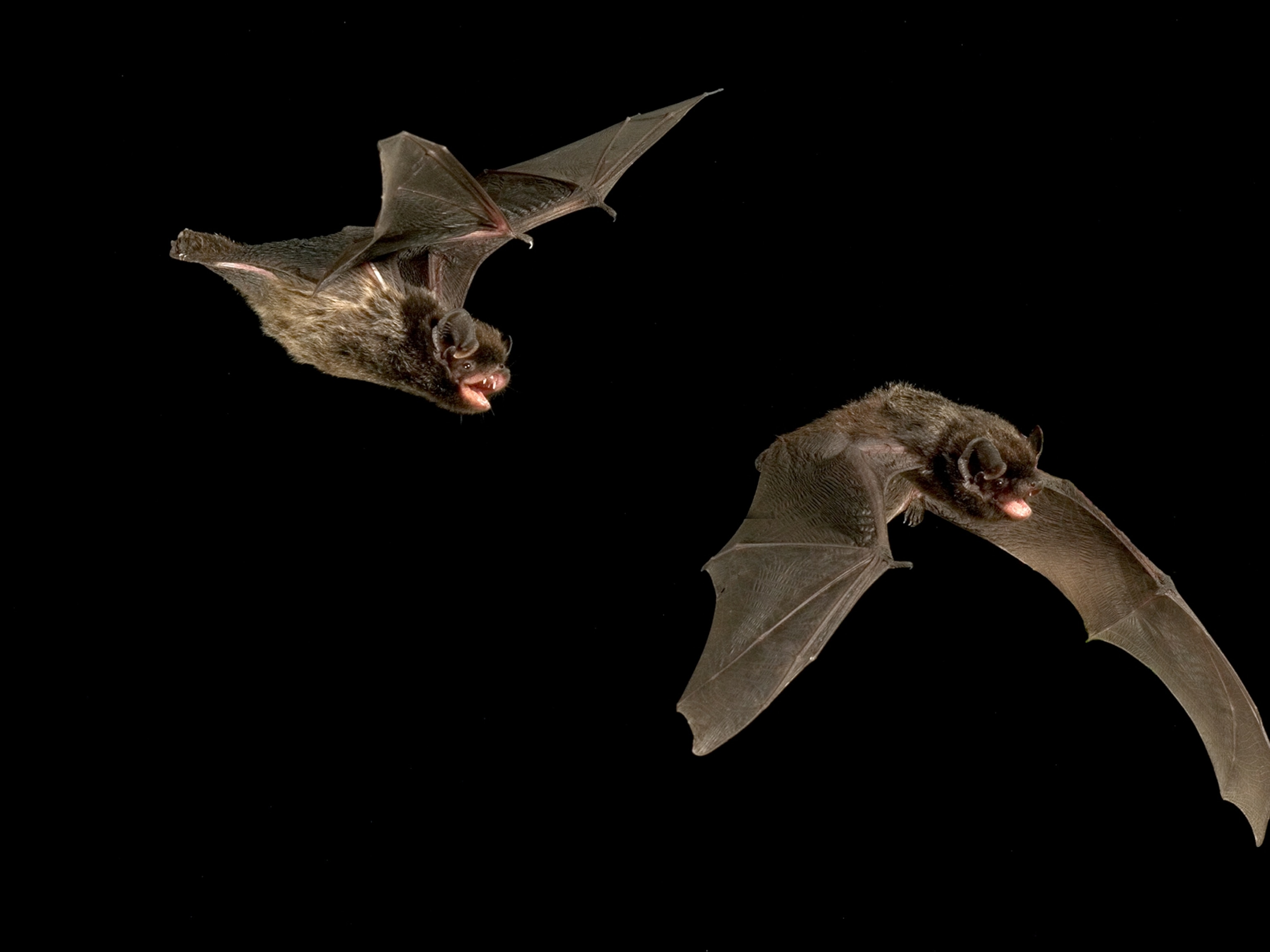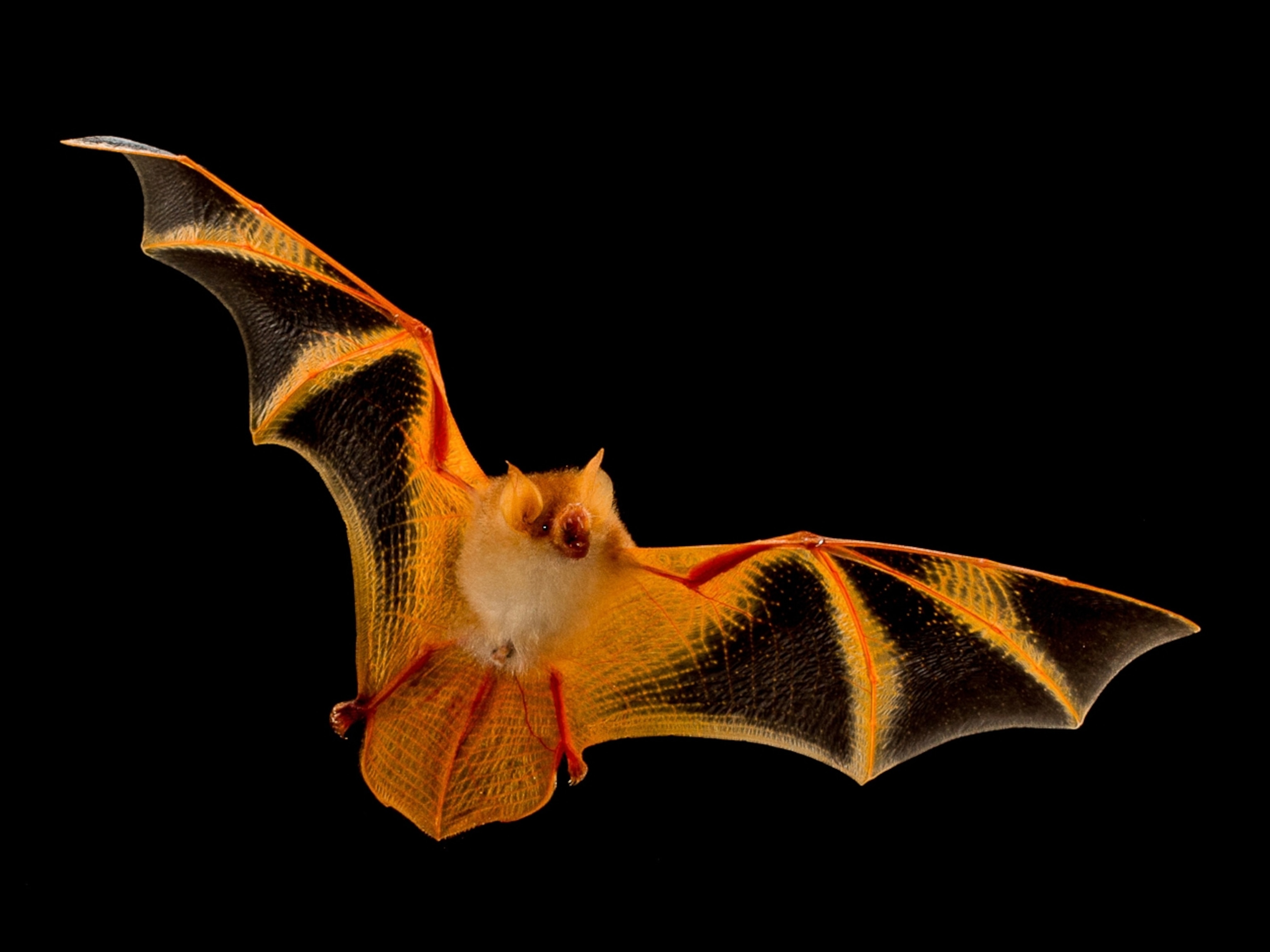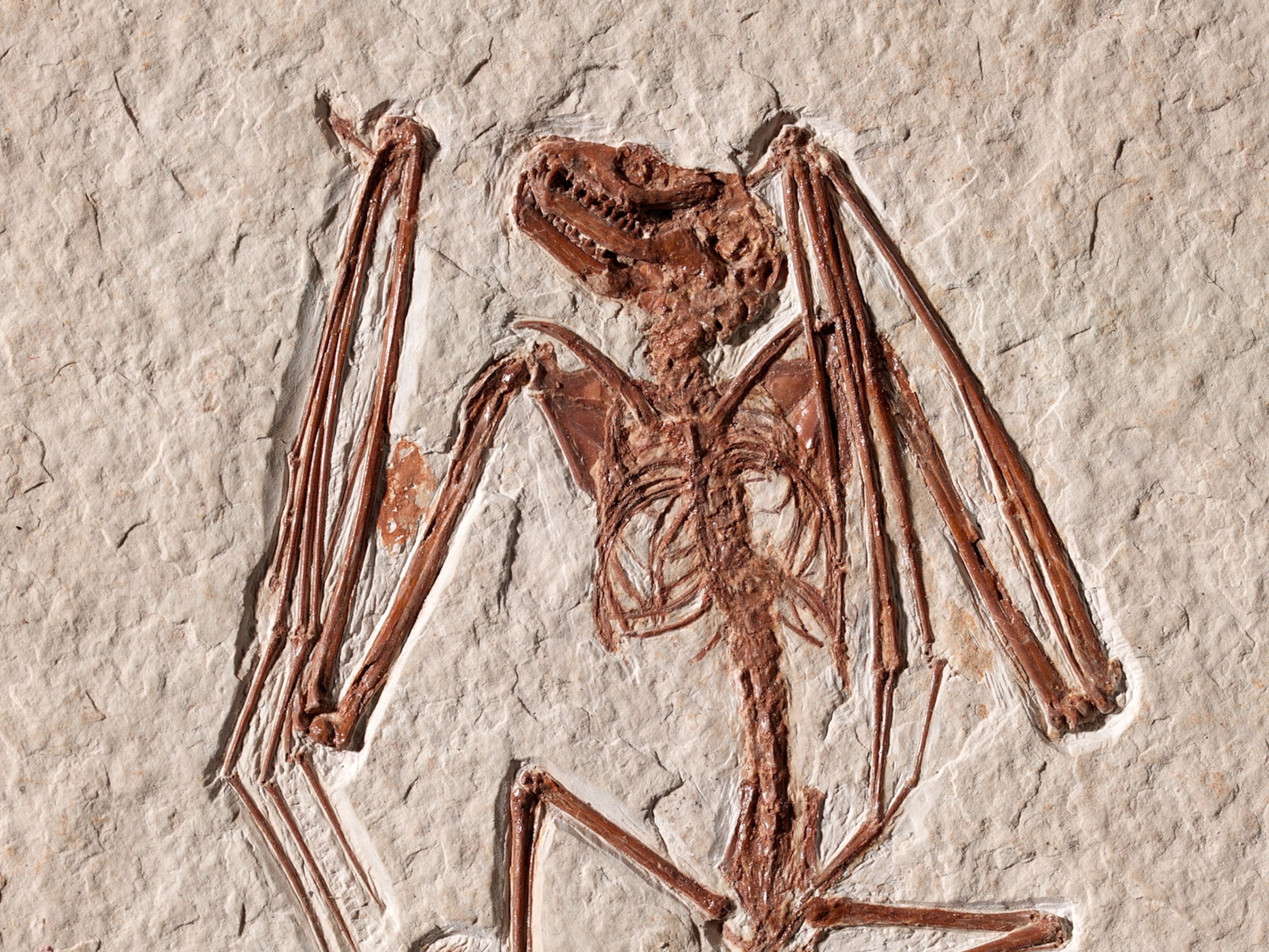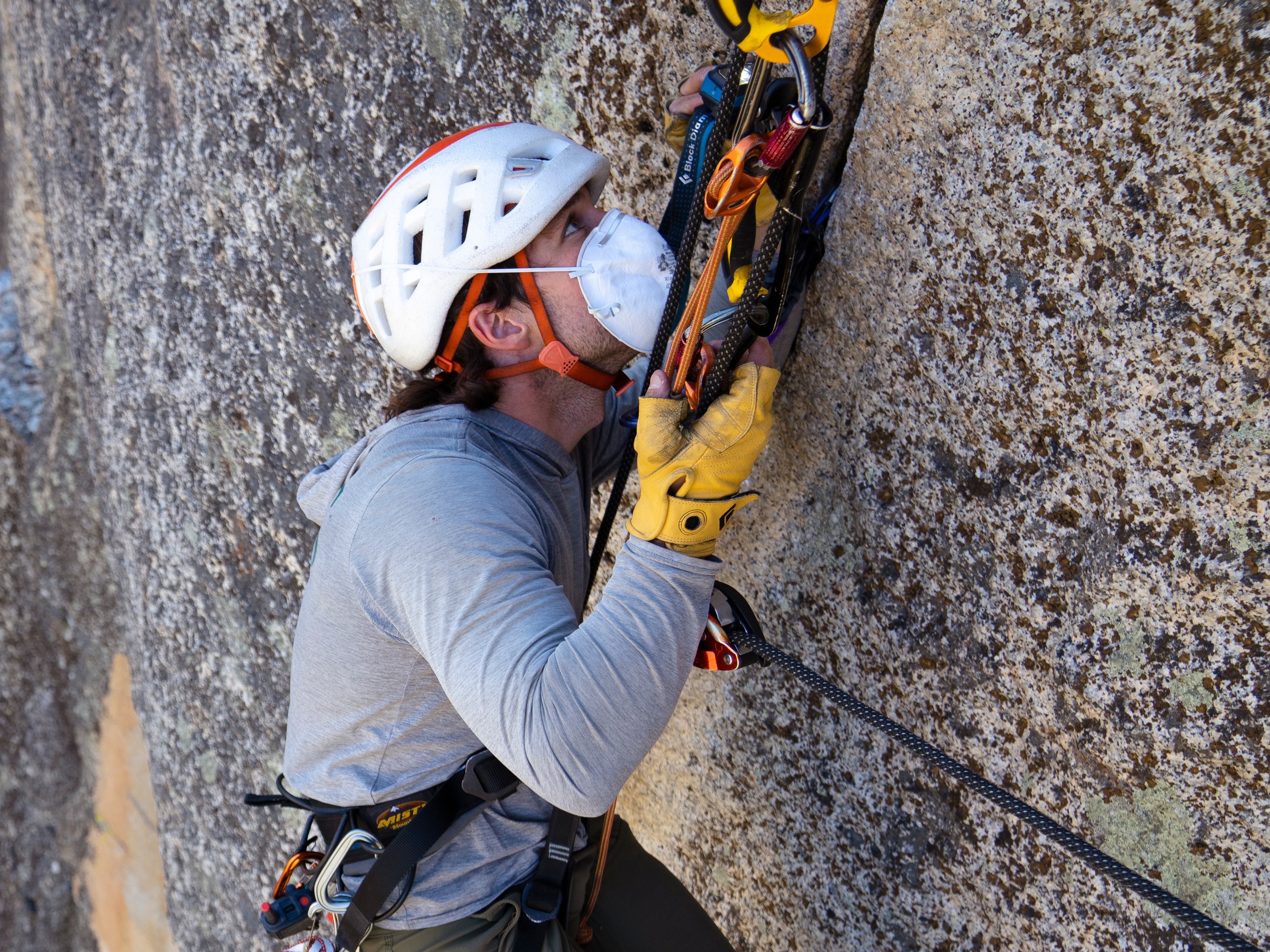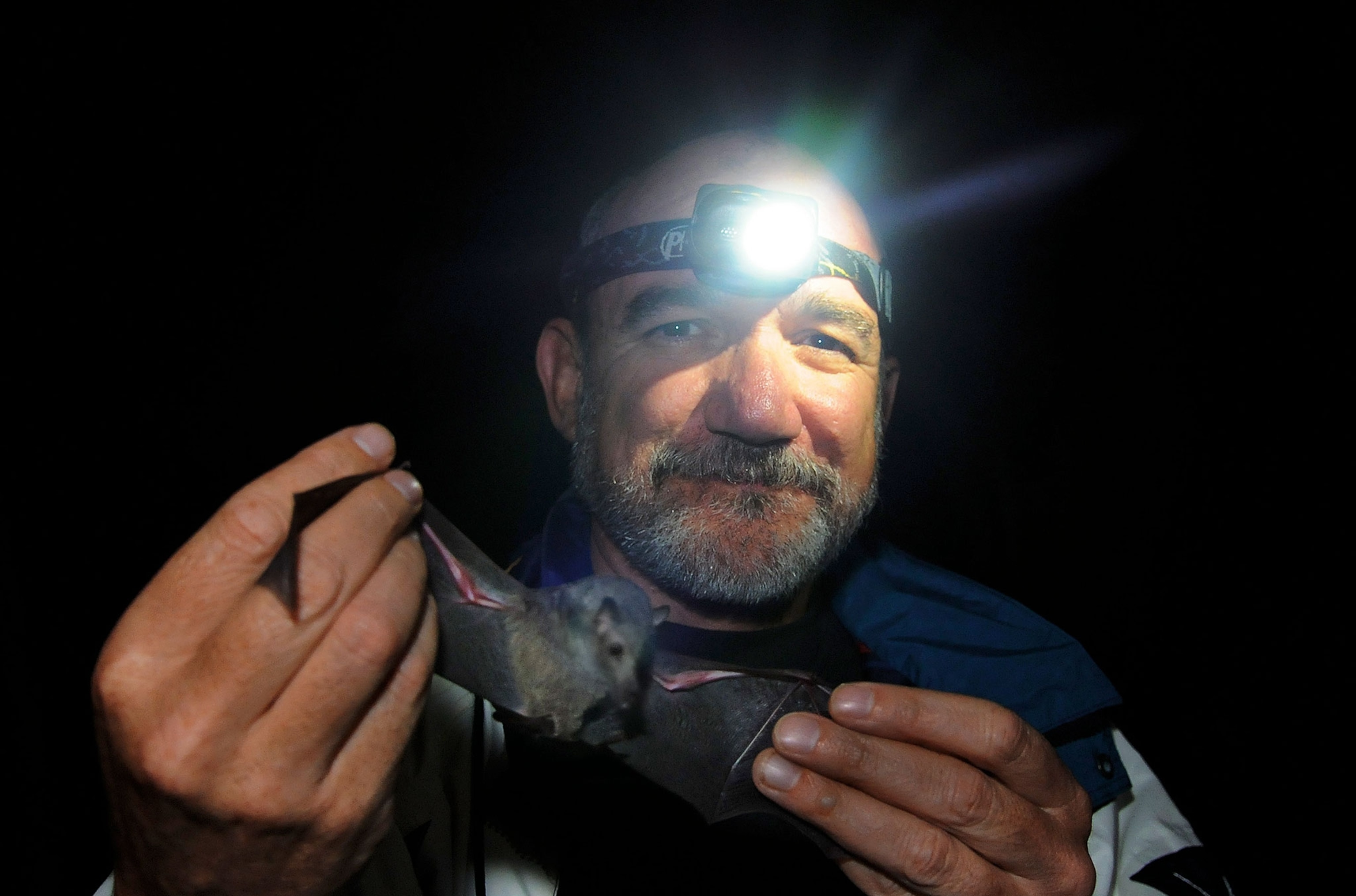
Can the Bat Man of Mexico also be Tequila's Super Hero?
Conservationist Rodrigo Medellin's efforts to save the lesser long-nosed bat is tied to Mexico's blue agave plant.
Like tequila?
Ecologist and conservationist Rodrigo Medellín wants your brand to be bat-friendly.
Bats have long been among the world’s most despised animals, due largely to myth and Hollywood’s fascination with vampire bats. But Medellín is trying to lead a the perceptual transformation of the bat, from blood-sucking demon to unsung nature hero, and hopes a bat-friendly tequila will provide a major public relations boost.
Aside from consuming loads of crop-destroying insects, bats are plant pollinators, and Medellín's prized lesser long-nosed bat pollinates the cactuslike blue agave plant, the single plant species from which Mexican tequila is produced.
Habitat destruction has been especially harmful to the lesser long-nosed bat, first listed as a threatened species in Mexico in 1994. By 2008 it was well on its way to recovery, thanks largely to Medellín, a tireless advocate who's been dubbed the "Bat Man of Mexico" for his work with bats. (Medellín, a Rolex Laureate and National Geographic grantee, has also worked to help a variety of other plant and animal species.)
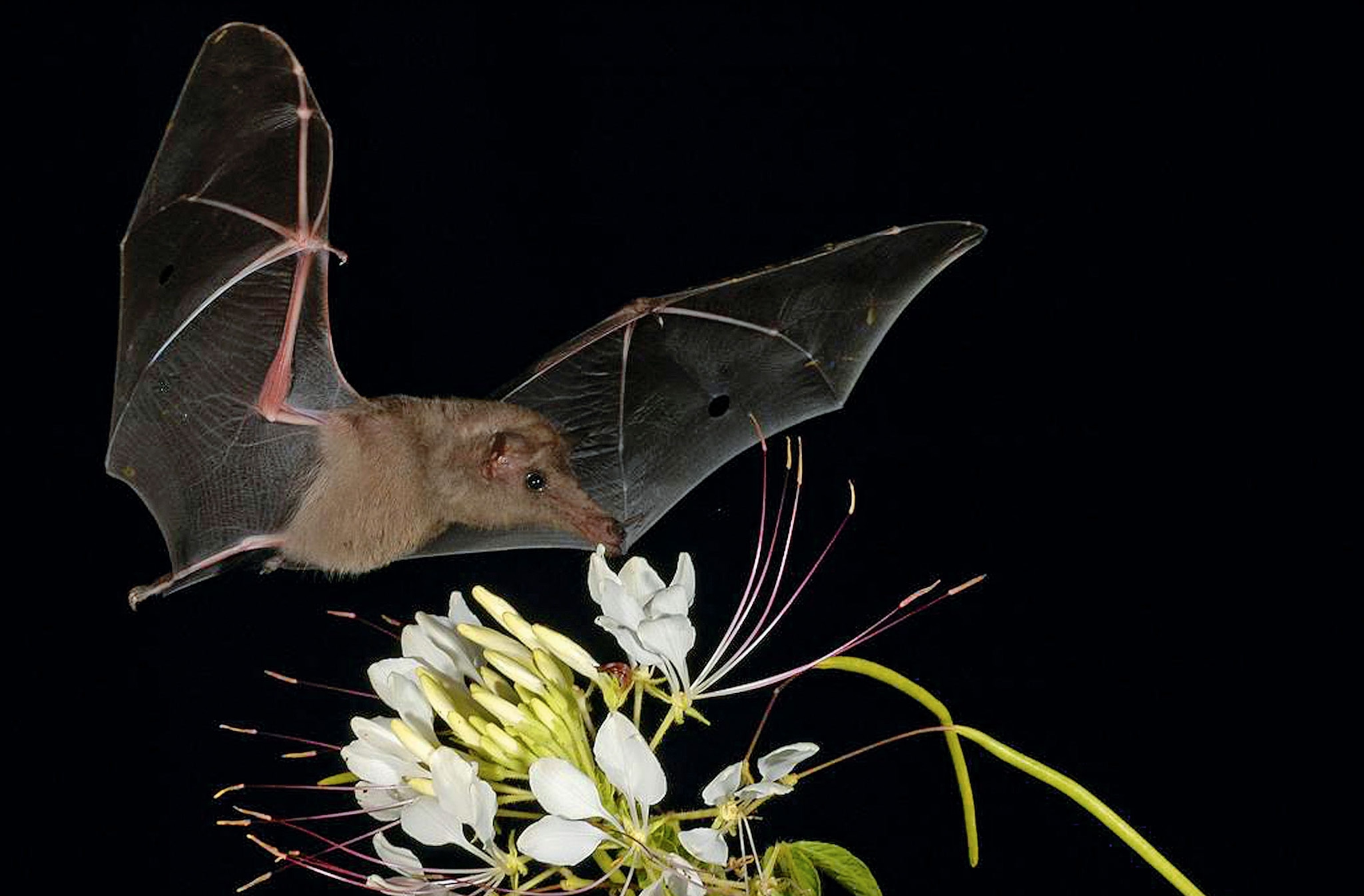
Over 20 years ago, Medellín initiated research to identify and ultimately help protect the lesser long-nosed bat’s caves. His efforts also prompted educational programs that dispelled bat myths and underscored their benefits to thousands of Mexicans.
And he was instrumental in persuading farmers to allow agave plants to flower. Previously, many farmers, seeking to boost the agave’s sugar content, cut off the flowers before they could be pollinated, instead using mono-cropped agave. But after crops were decimated by disease caused by a mixture of fungus and bacteria, some farmers, on Medellín's advice, began setting aside 5 percent of their land for flowering agave.
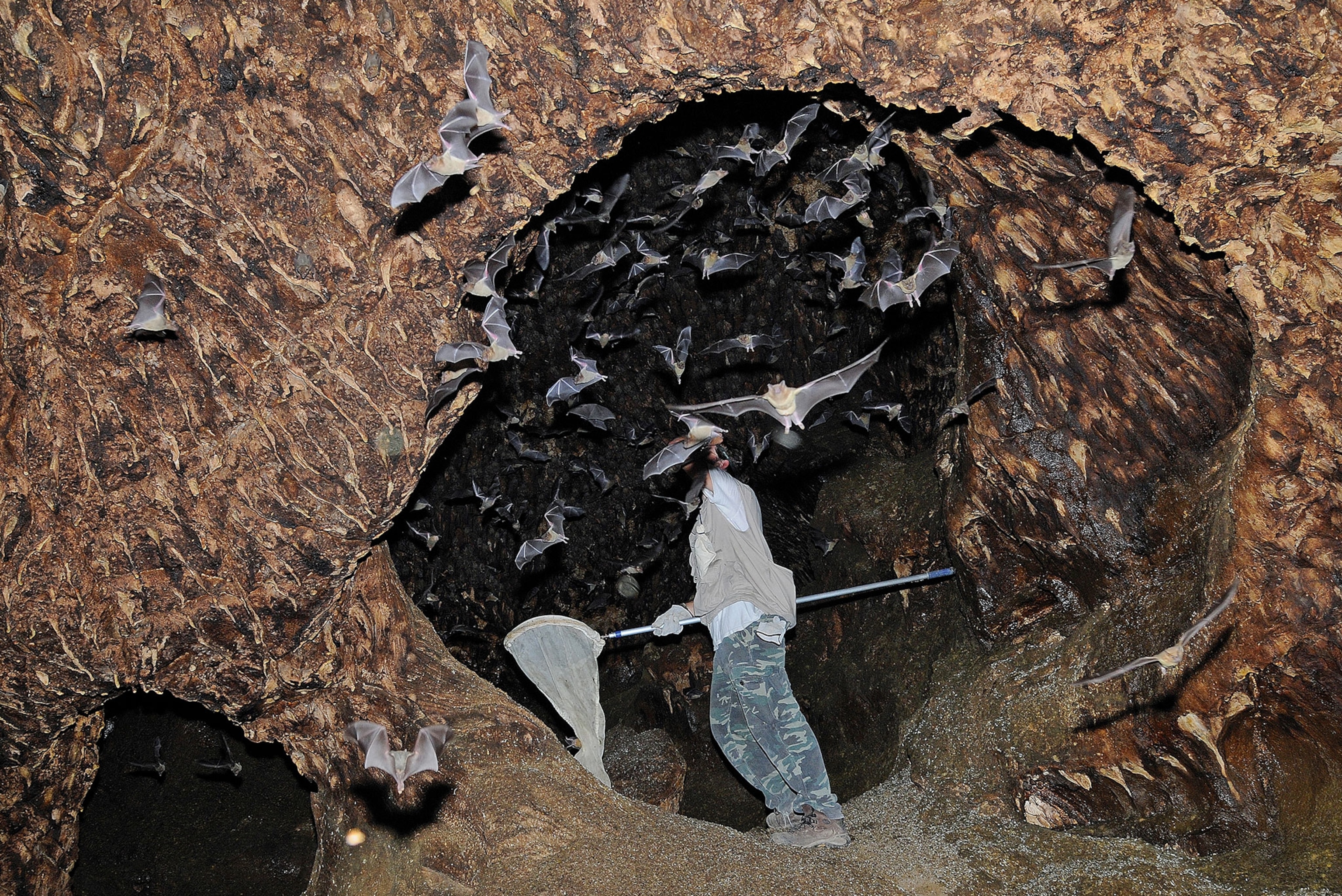
In fields where farmers have allowed plants to flower, “they’re full of food and bats are visiting—it’s nothing short of historic,’’ say Medellín, 58. “This is the way things were done six generations ago.”
In 2014, Medellín hooked up with the nonprofit Tequila Interchange Project, an alliance of producers, scientists, and bartenders that advocates the preservation of traditional agave farming, more naturally pollinated wild agave, and other sustainable, environmentally friendly practices.
By year’s end, tequila brands certified as “bat-friendly" will be on the market in the U.S., the world's biggest tequila consumer, under the Tequila Cascahuin, La Alteña, Siete Leguas, and Don Mateo distillery labels, Medellín says.
“This is nothing short of a dream come true," says Medellín, who hopes enthusiasts snap up the brands, leading to more demand and broader, bat-friendly farmology. “It will help save the bat and tequila at the same time.”
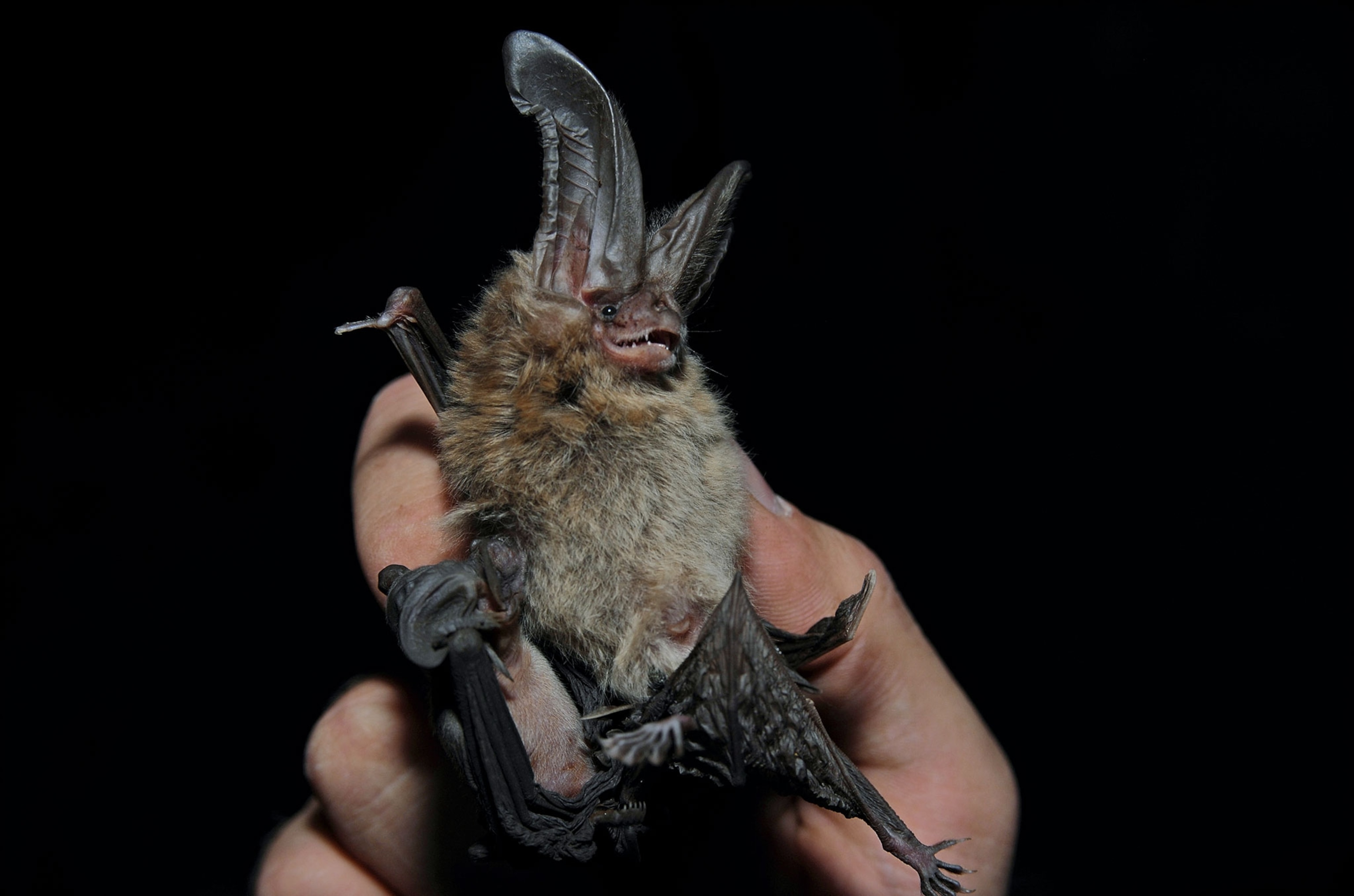
Medellín, a professor of ecology and conservation at the Institute of Ecology at the National Autonomous University of Mexico, isn’t just about bats. He’s working on saving Mexico’s jaguars, which now number about 3,800 in the wild. He’ll be in Johannesburg, South Africa, later this month at the 2016 Convention on International Trade in Endangered Species of Wild Fauna and Flora (CITES) Conference of the Parties.
“I’m hoping to compare notes in conservation strategies on lions, tigers and leopards,’’ he says. “We’re trying to understand why jaguars cannot sustain the level of encroachment by humans that allow the other big cats to survive in other countries."
Additionally, Medellín will lobby for CITES protection of the thresher and silky sharks.

